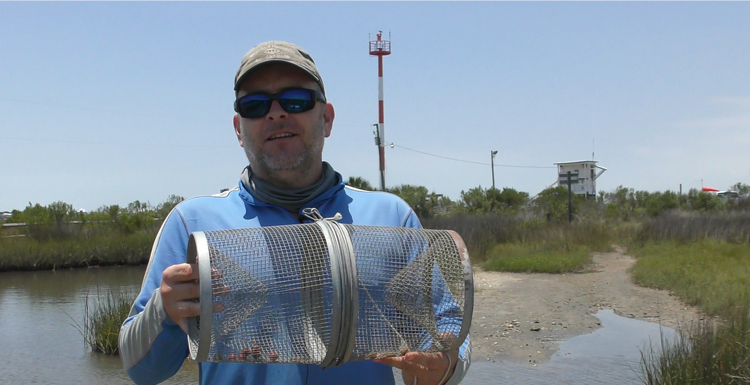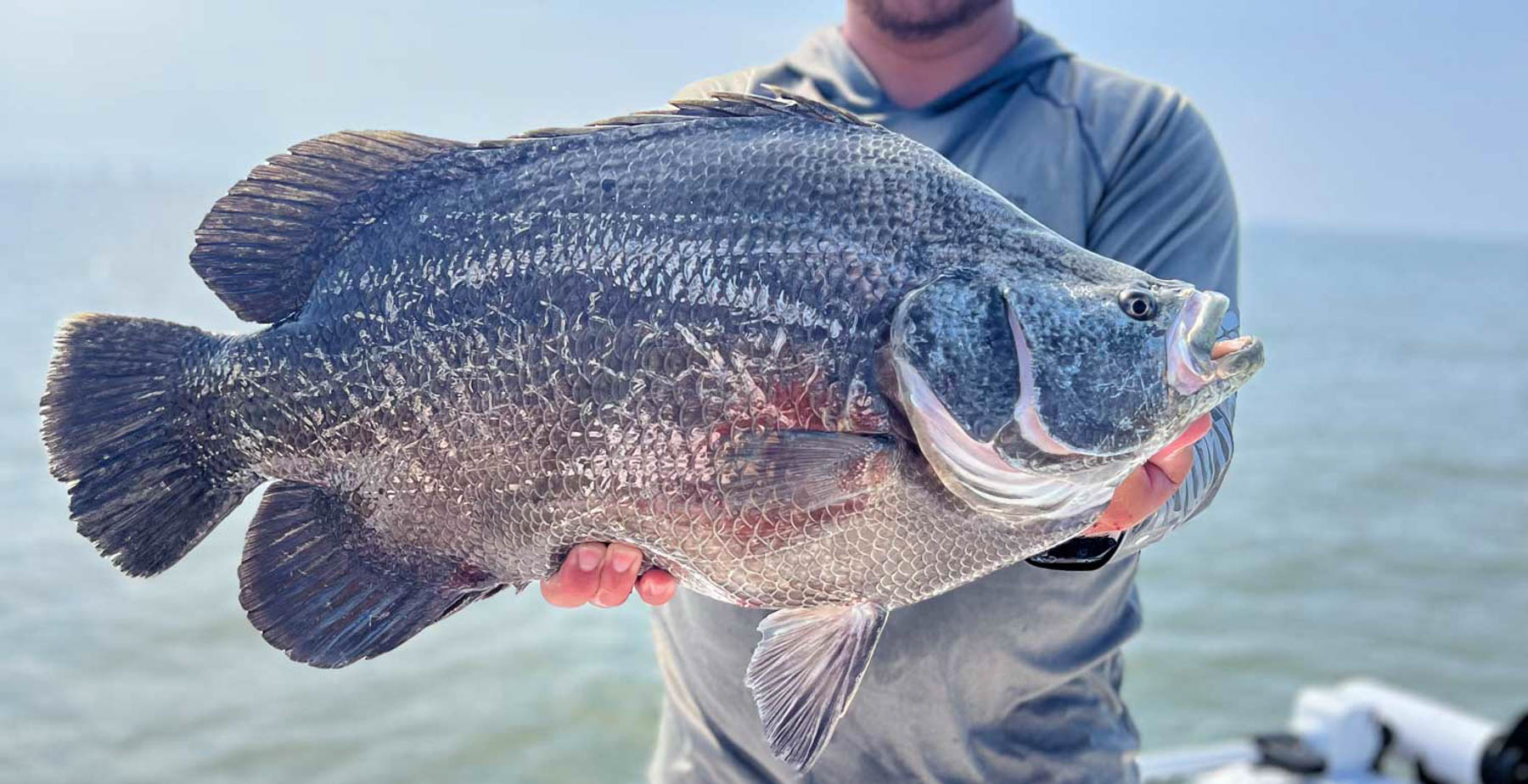DISL Researcher's Work Published in Science Magazine
Posted on November 24, 2020

University of South Alabama assistant professor Dr. Ronald Baker in the department of marine sciences and four graduate students recently co-authored a paper in "Science" magazine on key issues facing salt marshes.
Last November, Baker hosted a meeting of 65 scientists, managers and restoration practitioners at the Dauphin Island Sea Lab to discuss the present and future of tidal marsh research. The meeting was part of the Coastal and Estuarine Research Federation Conference Workshop program and included leaders in the field of marsh ecology.
“I was thrilled with the response to the invitations of our special guests,” Baker said. “They gave generously of their experience and expertise, and really embraced their role of passing on advice and guidance to the next generation of salt marsh ecologists.”
Among that next generation was Blair Morrison, a USA student pursuing her master’s degree in marine sciences and one of the co-authors of the paper.
“Being able to talk with true pioneers in our field in a casual environment was a truly special aspect of the workshop,” Morrison said. “All of the attendees were supportive and enthusiastic about collaboration, regardless of how many years of experience they had under their belt.”
Salt marshes help prevent coastal erosion as well as support a wide variety of sea life. They are also an economic engine as recreational fisheries generate millions of dollars of economic activity and provide critical sources of protein to millions of people.
Six themes emerged from the November meeting regarding the ongoing role of salt marshes in supporting fisheries and other valuable ecosystem services. They were climate change, geographic variation in marsh function, seascape or connectivity to adjacent habitats and ecosystems, restoration opportunities and challenges, ecosystem service valuation and opportunities from technology and big data. Baker and his team then synthesized those issues into their published article.
“Once I prepared a 1,000-word draft, I decided we should submit it to ‘Science’ and fortunately for us, it paid off,” Baker said.
Considered one of the world’s top scientific journals, having one's work published in “Science” is a major feather in a researcher’s cap.
“It’s pretty surreal,” Sarah Ramsden, a Ph.D. student and co-author. “I can’t believe I really get to put a ‘Science’ publication on my curriculum vitae or that I’m sharing a byline with these giants in estuarine research.”
The tidal marsh program received financial support from the University of South Alabama, Dauphin Island Sea Lab, Grand Bay National Estuarine Research Reserve, Mississippi-Alabama Sea Grant, Georgia Sea Grant and Washington Sea Grant.
The article can be found in the November 6, 2020 issue of “Science.”



